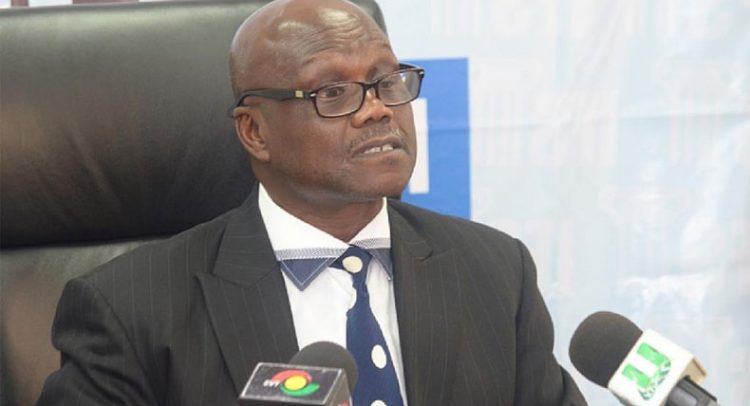Prof Newman Kusi
The Institute of Fiscal Studies (IFS) has called on the Bank of Ghana (BoG) to take regulatory action which would restructure weak banks, improve transparency and reduce risks to financial stability.
According to Prof Newman Kusi, Executive Director of the Institute of Fiscal Studies (IFS), who made the call, since the major risk to the banking sector is the high level of non-performing loans, banks should put in place measures to strengthen credit management and risk processes and improve loan recovery efforts.
He also called on financial institutions in Ghana to commit resources and time to develop appropriate and innovative products to meet the demands of the economy while targeting economically active clients outside the formal sector.
Prof Kusi said the time has come for the Governor of the Bank of Ghana and the Minister of Finance to pay greater attention to economic reforms and macro policies that stimulate higher and inclusive economic growth.
“Ghana’s financial and insurance sector can contribute immensely to the economic development agenda of the country. But this cannot be achieved if financial institutions and insurance companies in the country operate without understanding the nature and characteristics of the economy.
In a recent paper published by IFS, Prof Kusi, said Ghana’s Financial and Insurance Sector was in crisis.
He revealed that banking in Ghana cannot evolve around debits and credits, salary loans, consumer loans and still expect to have a wider and deeper financial sector.
“For the banking sector, the end of December 2018 will be historic, as it will mark the deadline for compliance with the GH¢400 million new minimum capital requirement.
“Although the basis for setting the new minimum capital requirement at GH¢400 million for all banks, irrespective of their origin (indigenous or foreign), ages, sizes, etc., is unknown, the efforts of the Bank of Ghana in this direction should be supported by all, devoid of any political affiliation. The Bank of Ghana must take control of the process and be independent of political interference.”
On insurance, he said insurance companies must work to widen their distribution channels by forging partnerships with the financial institutions and telecommunication companies to reach the neglected and unbanked population.
“There is also the need to build long-term relationships of trust with clients by simplifying the product structure and properly disclosing all caveats or exclusions to insurance contracts before final agreements are concluded with clients.”
By Samuel Boadi


